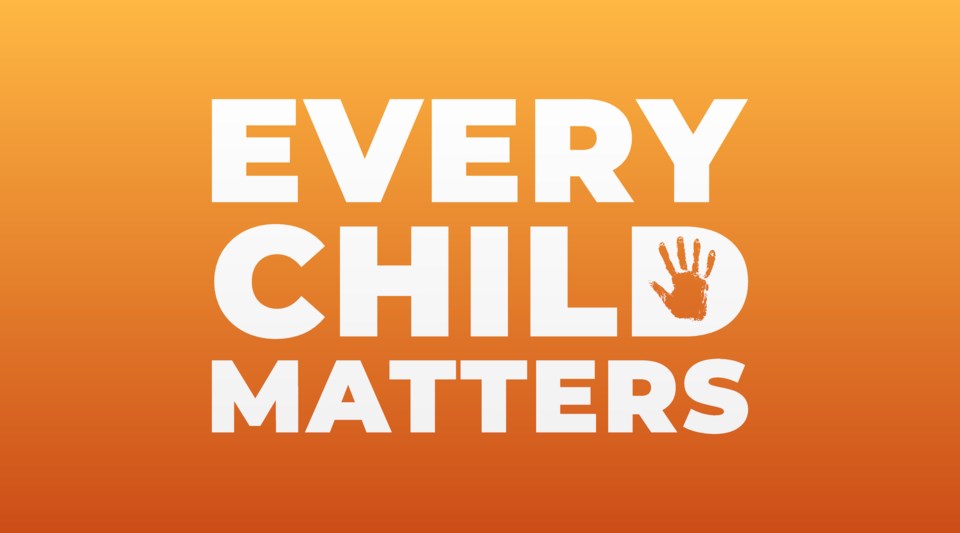ATHABASCA — The previous Athabasca County council never formally created a land acknowledgement even though then-reeve Larry Armfelt felt very strongly about the issue.
Now the current council is picking up the baton and as the first step invited local elder, knowledge keeper, and First Nation, Métis and Inuit family liaison with Aspen View Public Schools Alma Swan to explain what a land acknowledgement is and why it is so important.
“A territorial or land acknowledgement makes a statement recognizing the territory of the Indigenous people who called this their homeland before the arrival of settlers,” Swan said. “And the reasons why they're necessary is it was inspired by the 94 Calls to Action by the Truth and Reconciliation Commission and it's one of the first steps towards reconciliation.”
As part of the acknowledgment, it is important to recognize the territory the land is on, for example, Athabasca County falls on Treaty 6 and Treaty 8 lands and it must show respect to the relationship between the Indigenous peoples and Mother Earth.
“The question is evolving as to when you do land acknowledgements,” she said. “So, the purpose of the 94 Calls to Action … It was meant to be acknowledging the land before meetings and before different ceremonies, gatherings.”
While creating a land acknowledgement, some research is required to find out who the original inhabitants of the land are.
“So, when you think about (Athabasca) County it’s Treaty 6 and Treaty 8 territory,” she said. “In the Treaty 6 territory there’s Saulteaux, there’s Blackfoot, there’s all the southern nations.”
Swan added it is important to note the land that is unceded — still going through the court systems to work out disputes for land entitlements.
“It's just acknowledging that that we are the original inhabitants of this land, it’s a respect thing because respect has to start somewhere,” said Swan.
Coun. Camille Wallach, however, wanted to know how descendants of white settlers may feel.
“We have a large agricultural community. A lot of these families have been here 120 or 150 years,” said Wallach. “What would you say to those people who ask why we do this?”
“Because we are the original inhabitants,” said Swan. “When you think about it, in some areas, it was the Indigenous people helping the settlers survive."
Archaeology and science has proven Indigenous people have inhabited Canada for 14,000 to 20,000 years.
“It’s not about anybody ‘getting over it,’ it’s about the history, acknowledging our history,” said Swan. “And the reality is, whether anyone likes it or not, we are the original inhabitants of the land.”
Swan said mistakes may be made, but if the acknowledgment comes from the heart, it will not be taken as offensive.
Coun. Ashtin Anderson made a motion to accept the presentation as information and to bring it forward to another council meeting for review and recommended training for all councillors through the University of Alberta Indigenous Canada Training, a free online self-directed 20-hour course, as recommended by Call 57 of the Truth and Reconciliation 94 Calls to Action.
Coun. Rob Minns then made a motion to establish a Land Acknowledgment subcommittee comprised of Coun. Tracy Holland, Coun. Kelly Chamzuk and Coun. Natasha Kapitaniuk to bring recommendations forward to council for review.
Town committee also formed
At the Town of Athabasca's Dec. 7 council meeting, councillors continued their ongoing discussion on how to best go about adopting a land acknowledgement for the town as well, and have formed a committee to explore the topic further.
After submitting a request for decision on the subject at the first meeting of the new council Nov. 2, Swan also provided information on how to go about properly adopting a land acknowledgement, similar to the one delivered at the county meeting.
Coun. Edie Yuill told councillors she had been referred to the KAIROS blanket exercise, which she and several others around the table had experienced before, but it would come at a cost to the town to book and organize.
Mayor Rob Balay suggested the formation of the committee.
"They can do some research on their own and bring forward a recommendation to council to say this is what we feel is most appropriate for the town to use as their acknowledgement and then we can put it to a vote.
Coun. Yuill and Coun. Sara Graling volunteered to join the committee, with either Coun. Jon LeMessurier or Coun. Loretta Prosser filling in the third spot.
with files from Chris Zwick



